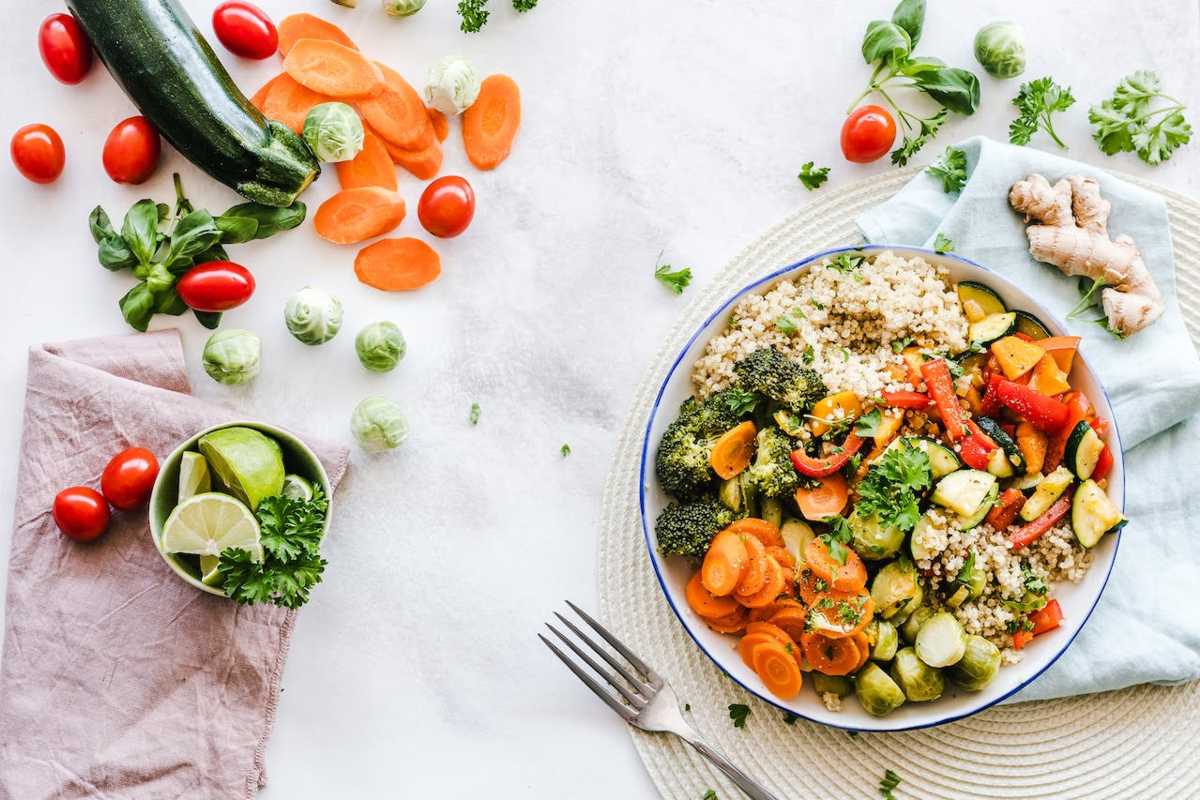Protein is the cornerstone of muscle recovery and growth, especially for competitive athletes. The importance of protein post-workout is well documented; Consuming protein immediately after exercise can significantly increase muscle protein synthesis, a necessary prerequisite for muscle repair and growth. This process is powered by amino acids, the building blocks of protein. Optimal protein intake includes not only quantity, but also quality and timing.
High-quality proteins that contain all essential amino acids are of particular importance for athletes. Animal products such as meat, fish, eggs and dairy are rich in these amino acids, but plant sources such as quinoa, soy and certain types of beans can also play an important role. Incorporating these protein sources into the diet ensures that the body receives all the necessary amino acids.
Timing protein intake around exercise is crucial. The so-called “anabolic window”, the period after training when the body is particularly receptive to nutrients, is ideal for protein absorption. Consuming 20-40 grams of protein immediately after exercise can speed up muscle recovery. This window is not limited to the immediate period after training but can extend over several hours.
Distributing protein intake throughout the day is also important. Instead of consuming a large amount of protein in one meal, it is more effective to spread protein consumption evenly over several meals. This supports constant muscle protein synthesis and promotes muscle recovery and growth throughout the day.
Carbohydrates as fuel: timing for maximum performance
Carbohydrates are the main source of energy for competitive athletes, especially in endurance and high-intensity sports. They are stored in the muscles and liver as glycogen and used as a source of energy when needed. The timing of carbohydrate intake is critical to maintaining glycogen stores and maximizing performance.
Before training, it is important to consume carbohydrates to replenish glycogen stores. Slow-digesting carbohydrates, such as whole grains, oatmeal and starchy vegetables, provide a long-lasting source of energy and prevent rapid rises and falls in blood sugar levels. This ensures a constant supply of energy during training.
During training, especially during long or intense sessions, it is important to consume quickly digestible carbohydrates. These can be taken in the form of sports drinks, gels or fruits and help to stabilize blood sugar levels and delay the depletion of glycogen stores. After training, it is crucial to replenish glycogen stores quickly. A combination of carbohydrates and proteins can accelerate muscle recovery and help rebuild glycogen stores. Meals or snacks that contain carbohydrates and protein in a ratio of around 3:1 are ideal for this.
For athletes who want to control or reduce their weight, the concept of <a href="https://www.v-kitchen.ch/de/recipes/low-carb/" target="_blank" rel="noopener "Low carb recipesbe attractive. The aim is to reduce carbohydrate intake without impairing performance. These recipes focus on high-quality protein sources and healthy fats while limiting the amount of carbohydrates.
Fats in sports nutrition: More than just a source of energy
Fats play an often underestimated but vital role in sports nutrition. Not only are they a rich source of energy, but they are also essential for the absorption of fat-soluble vitamins and the production of hormones. It is important for competitive athletes to find a balance between saturated, unsaturated and polyunsaturated fats.
Saturated fats, found in animal products and some vegetable oils, should be consumed in moderation. Unsaturated fats, particularly omega-3 and omega-6 fatty acids, are known for their anti-inflammatory properties and positive impact on heart health. They are found in fish, nuts, seeds and vegetable oils.
Consuming healthy fats before exercise can provide a long-lasting source of energy, especially for athletes who engage in long-duration or less intense workouts. However, during high-intensity training sessions or competitions, fats are not the preferred source of energy because they are digested more slowly. After training, fats combined with proteins and carbohydrates can help cover overall energy needs and support regeneration. However, it is important that fats are not consumed in close proximity to exercise as they can slow digestion and interfere with the absorption of other nutrients. Intake of omega-3 fatty acids is of particular interest to athletes as they can help reduce inflammation and improve heart health. Supplements containing fish oil or plant sources of omega-3 fatty acids may be considered to ensure the body's needs are met.
Integrating Macronutrient Timing into Training and Competition Plans
Integrating macronutrient timing into an athlete's training and competition plan is critical to achieving optimal performance. It's not just about food intake directly before or after training, but rather a holistic view of nutrition in relation to the entire training cycle.
In the preparation phase before a competition, carbohydrate loading (carb loading) can be used to maximize glycogen stores. This involves increasing carbohydrate intake in the days leading up to competition while reducing training intensity. This strategy is particularly effective for endurance athletes. During the competition phase, the timing of quickly digesting carbohydrates and proteins is important to maintain energy and promote recovery. Athletes should also pay attention to their hydration and ensure they are getting enough electrolytes to regulate fluid balance. In the recovery phase after competition or intensive training sessions, quickly replenishing glycogen stores and supporting muscle regeneration is of utmost importance. Protein-rich meals combined with carbohydrates can accelerate regeneration and support muscle building.





